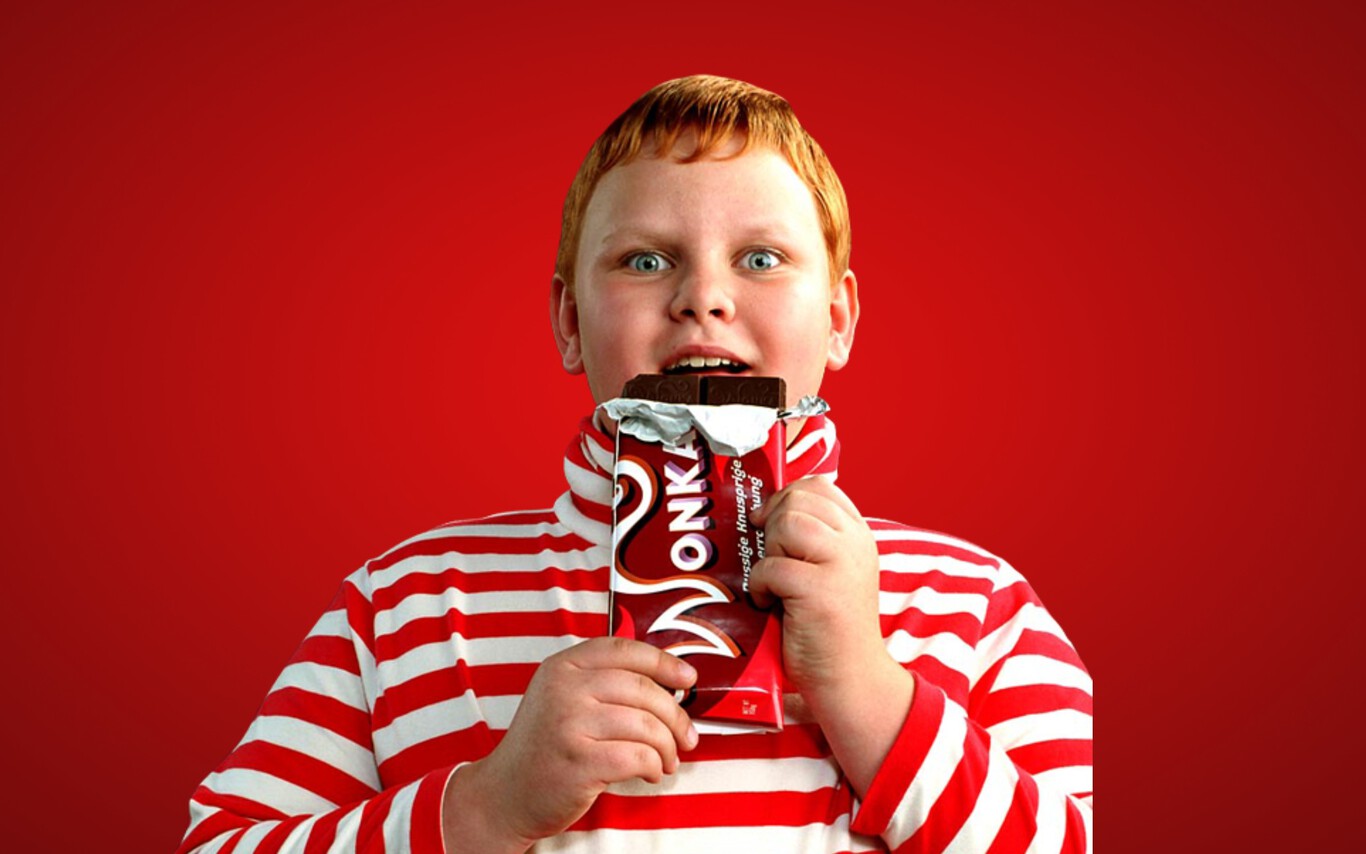
- The writer Roald Dahl has renewed several works for children in education: adjectives such as “fat” and “ugly” have disappeared, and he has even added some words to point out that it is nothing wrong to wear wig.

The character of Augustus Gloop, Charlie and the chocolate factory (original title: Charlie and the Chocolate Factory) and later translated into film, will no longer be “fat”, reading that it is “very big”. Although the Welsh writer Roald Dahl used this first meaning in 1964, the editions that will be published from 2023 will have different adjectives and descriptions to “avoid offensive language” and “take into account various sensitivities”, according to the editorial Puffin and Roald Dahl Story Company.
Meanwhile, Charlie and Ooma Loompa, who present themselves in the chocolate factory, will be “small people” and not “small men”. In the story of James and the Giant Peach, non-gender distinction will also apply: “cloud men” become “cloud people.” Another well-known figure is Mrs. Trunchbull de Matilda, and in the light of the film you can easily describe it with words like big, zamba and rude, while in the book you will say something like “the lady of wonder” in the new editions. That is, it departs from the term “woman” so as not to relate it to the biological category. Matilda, moreover, has no more as Dahl’s own account of reading the Jungle Book by Rudyard Kipling or The Jungle Book, accused of racism for his novel written in 1894. Instead, the book of Jane Austen Sense and Sensibility will be published in the mesilla.
For example, these two examples. Mrs. Twist de Ergelak (The Twists) will be no more a “bad” than a “terrible”, and in Sorginak or The Witches a phrase is added to justify in some way that witches carry wig: “There may be many reasons behind women taking the wig, but there is nothing wrong with it.”
“Words matter”
According to media reports The Telegraph and The Guardian, editorial Puffin has published and justified by notes the adaptations made. “Words matter,” he stressed, “Roald Dahl can enjoy beautiful words and stories just as well.”
They point out that since the editorial they have not done “anything special” beyond the usual reviews, because they always try to adapt to “the time” “keeping the spirit of the creator’s own text”.